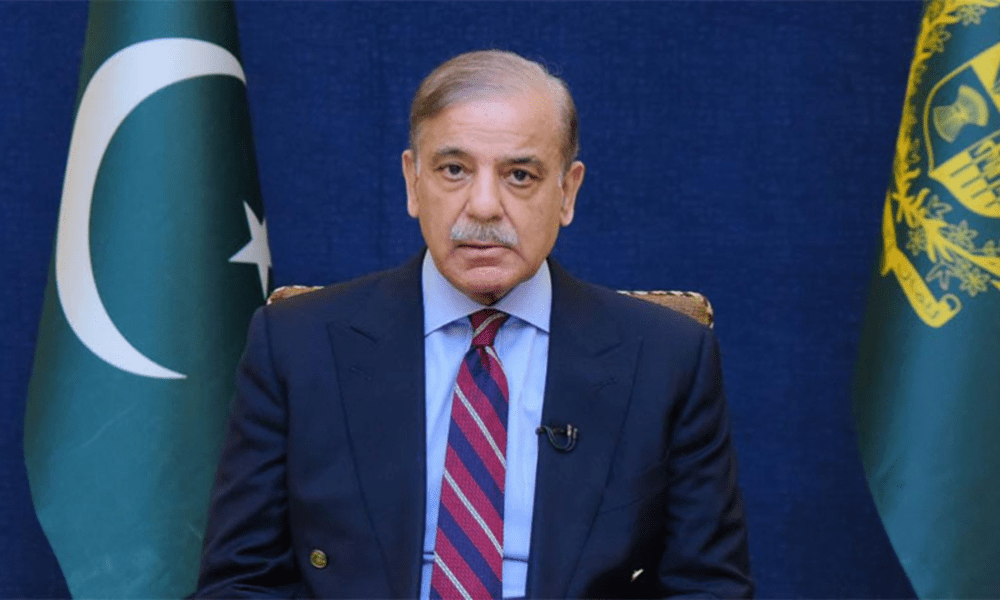Islamabad:
Pakistan finally announced an important change in his foreign policy towards Syria, since Prime Minister Shehbaz Sharif welcomed the new interim president Ahmed al-Sharaa on Saturday.
This was the first formal reaction and the recognition of the change in Syria by Pakistan and arrived a few days after the head of the opposition group Ahmed al-Sharaa became an interim president of the country devastated by war.
“We welcome the assumption of Ahmed al-Sharaa as president of the Syrian Arab Republic during the transition phase and we hope that the new leadership can bring peace, progress and prosperity to the fraternal people of Syria,” Prime Minister Shehbaz Sharif wrote on XI, previously Twitter. Ahmed al-Sharaa became the Syrian president on Wednesday after the country’s constitution in 2012, the Parliament and the Army and all other institutions dissolved. It would continue to rule the country until the new Constitution is agreed.
Many Arab countries welcomed him when Qatar’s Amir made a surprise visit to Damascus on Saturday, becoming the first Arab leader to travel to Syria after the Assad regime fell in December.
It is believed that Pakistan finally decided to abandon the age of decades after many of his Arab friends and Turkey, one of the main sponsors of the new configuration, supported Al-Sharaa.
During the Syrian civil war, Pakistan had followed a carefully balanced policy. Although neutrality is maintained externally, a more detailed examination of its policy indicates that Islamabad supported the Assad regime.
Long data ties between Pakistan and Syria have deep roots. Pakistani pilots once flew Syrian combat flyers during the 1967 Arab-Israeli war.
The two countries also share a history of military exchanges, with many Pakistani officers who graduate from the Syrian military academies and then occupy high -ranking positions in Pakistan.
The historical bond explains why Pakistan refrained from putting on the side of forces that seek to overthrow Assad during the lifting of the Arab spring of 2011. The sudden collapse of the Assad regime is a shock, not only for the global community but also for Pakistan.
Previously, the FO, while supporting the territorial integrity and sovereignty of Syria, did not explicitly support the opposition led by Hayat Tahrir al-Sham (HTS).
HTS was once known as Nusrat Front, a group affiliated with Al-Qaeda. But its leader Ahmed al-Sharaa distanced himself from Al-Qaeda in 2015 and since the fall of Syria he portrayed himself as moderate and aligned with the West.
Now he is often dressed in western outfit, often with a tie and suit. In an interview with BBC, the new Syrian leader dismissed the reports that Syria would replicate the Taliban government model. The interim president said that Syria and Afghanistan had no comparison. Afghanistan is a tribal society, while Syria has its own culture and history, he added.
The Syrian leader also said that there would be no prohibition of girls’ education, while all sects and minorities would have total freedom.




